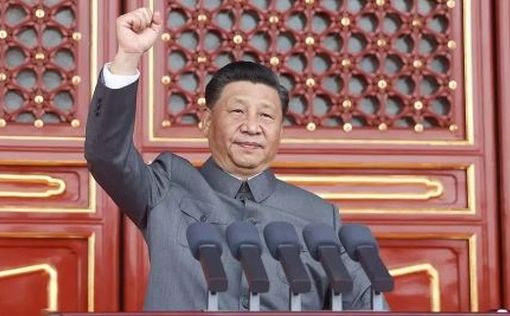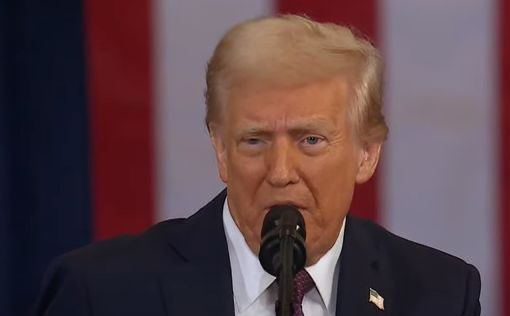The director of the Buchenwald and Mittelbau-Dora Memorial Foundation, Jens-Christian Wagner, has voiced sharp criticism of the Israeli government’s attempt to influence the program of a major Holocaust commemoration event in Weimar, Germany. Speaking to Germany’s public broadcaster rbb, Wagner described the situation as “the worst” he had experienced in 25 years of memorial work.
The controversy centers on a planned speech by German-Israeli philosopher Omri Boehm at a ceremony marking the 80th anniversary of the liberation of the Buchenwald and Mittelbau-Dora concentration camps. Boehm’s participation drew objections from Israeli officials, leading event organizers to postpone his speech. Wagner confirmed the decision earlier this week, citing a diplomatic dispute. Boehm has declined to comment, according to a statement from his publisher.
“I have never experienced anything like this,” Wagner said during an interview with rbb’s radio3. “Being pressured to silence the grandson of a Holocaust survivor—that is truly the most appalling experience I’ve had in this line of work.”
Around ten Holocaust survivors are expected to attend the commemorative event in Weimar.
The German federal government also responded to the controversy, backing the independence of memorial institutions. Deputy government spokesperson Wolfgang Büchner emphasized that remembrance must remain free from political or institutional pressure. “Those who organize and invite people to such commemorations must be able to do so without interference,” Büchner stated. “Memorial sites must have the freedom to choose their own speakers.”
The Israeli embassy in Berlin posted on X (formerly Twitter) that inviting Boehm was “outrageous” and “a blatant insult to the memory of the victims.” The embassy accused Boehm of relativizing the Holocaust, without offering specific examples.
Speaking to the German Press Agency (DPA), Israeli Ambassador Ron Prosor stood by his government’s criticism. “I take pride in showing the red card to any form of Holocaust remembrance that downplays the suffering of survivors or questions the legitimacy of the State of Israel,” Prosor said. “I do so also for those who can no longer raise their voices.”
He further commented: “Wherever Omri Boehm appears, he leaves behind shattered porcelain. The idea of giving him a platform at the 80th anniversary of Buchenwald’s liberation was absurd.”
In 2024, Omri Boehm was awarded the Leipzig Book Prize for European Understanding for his work Radical Universalism. In his acceptance speech, Boehm called on Germany to engage in critical dialogue with Israel regarding the Middle East conflict, emphasizing that mistakes exist on all sides. In past statements, he has voiced strong criticism of Israel’s conduct during the war in Gaza.
Source: t-online.de




